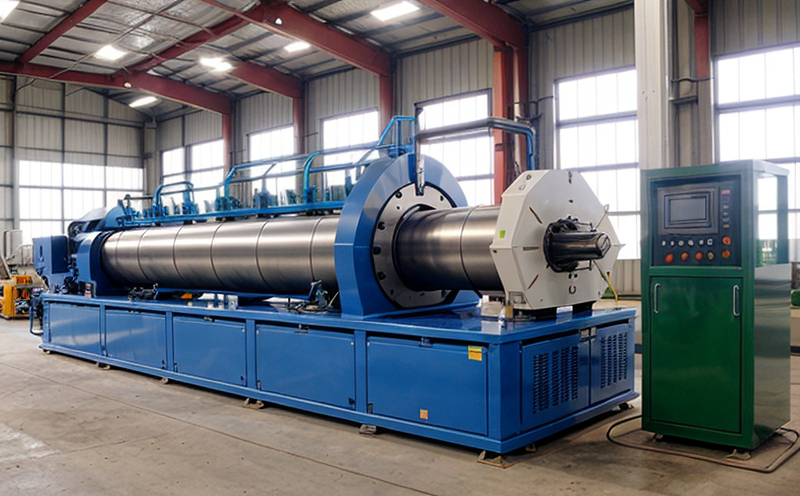ISO 14045 Eco-Efficiency Evaluation of Waste Recycling
The ISO 14045 standard provides a framework for conducting Life Cycle Assessment (LCA) to evaluate the eco-efficiency of waste recycling processes. This service specifically focuses on assessing whether a recycling process is efficient in terms of environmental impact and resource use, ensuring that resources are used sustainably while minimizing adverse effects.
Understanding eco-efficiency requires an assessment of both the positive and negative impacts of a product or process over its entire lifecycle. For waste recycling, this means evaluating the efficiency with which raw materials can be extracted from recycled products, their subsequent processing into new materials, and ultimately, whether these recycled materials are fit for purpose.
Our ISO 14045 eco-efficiency evaluation service ensures that each step of a waste recycling process is thoroughly examined. This includes:
- Evaluation of the raw material extraction phase: Assessing how efficiently recyclable materials are extracted from waste streams, including the environmental impact of this extraction.
- Processing efficiency analysis: Determining whether processing methods for recycling materials into new products are efficient and environmentally sound.
- Product quality checks: Ensuring that recycled materials meet specified standards and can be used to produce high-quality end-products.
The service also involves lifecycle assessment, which considers the entire life of a product or process. This includes:
- Material sourcing: The environmental impact associated with collecting raw materials from waste streams.
- Manufacturing: The energy consumption and emissions produced during processing recycled materials into new products.
- End-of-life management: Ensuring that the recycling process is sustainable by assessing how effectively recyclable waste can be returned to the production cycle.
The primary goal of this service is to provide detailed insights into a company's current waste recycling processes, identifying areas for improvement and highlighting opportunities to enhance resource efficiency. By evaluating eco-efficiency, businesses can make informed decisions about their operations, ensuring compliance with environmental regulations while also optimizing costs and resource usage.
This evaluation process helps companies:
- Identify inefficiencies in the waste recycling process.
- Determine areas where improvements can be made to reduce environmental impact.
- Ensure that resources are used sustainably, promoting a circular economy model.
The results of an ISO 14045 eco-efficiency evaluation provide valuable insights for quality managers and compliance officers. These evaluations help ensure that recycling processes comply with international standards such as ISO 14045, which is essential for maintaining a competitive edge in the global market.





